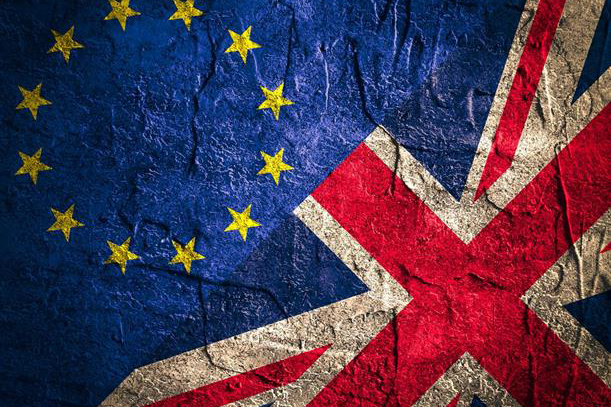If I’ve read the signs correctly, a war for creative talent has just begun. And the combatants are Britain and Europe.
Brexit no doubt feels like the end of the world to some of you, and I get that. But from a European point of view – for example, my office here in Paris – this particular British cloud may have a silver lining. Britain, led by London, has always been a hotbed of creative talent in advertising and related fields like design, production and digital. But from now on, it may have to fight harder for its share of the talent pool.
In fact, the unintended Brexit bonus for Europe is likely to be an influx of creative talent. On a micro level, I’m already seeing evidence of this. Over the past two months, I’ve received more UK-based CVs than I have in the past three years. On a macro level, it’s perhaps no coincidence that Facebook chose Paris over London when investing 250 million euros in its new "start-up incubator".
A migration is already underway in the financial sector, of course. HSBC is looking to shift about a thousand jobs to Paris; Goldman Sachs has said it will boost its existing staff in Paris and Frankfurt. It’s interesting to note that insurer Lloyds of London says it’s going to open an additional office in Brussels to ensure that it doesn’t miss out on European opportunities. Perhaps the best case post-Brexit scenario for adland is an enlarged job market: London will still be London, but new Euro-centric hubs will emerge.
Where will they be? Paris, as I’ve already mentioned, is likely to experience a creative renaissance. Amsterdam has long been nipping at London’s creative heels, so we can expect more talent to head that way, too.
One of the big winners will be Germany. My friends there wasted no time suggesting that London was about to be usurped as the region’s most attractive city for innovators. The day after the Brexit vote, a Berlin agency sent a mobile billboard tooling around London with a message for young entrepreneurs: "Dear start-ups, keep calm and move to Berlin."
Anybody who’s visited Berlin recently knows that it exudes creativity. Admittedly it lacks big clients, but Germany has always been decentralised and interconnected. Taken as a whole, the country has right combination of opportunities, infrastructure and existing agencies. Berlin adds the magic dust of coolness. And creatively speaking, if you look at Cannes results, Germany more than punches its weight. If I were a young creative talent, I’d be eyeing it with interest.
By the way, according to the recently released Best Countries ranking from Y&R’s BAV Consulting and the Wharton School of the University of Pennsylvania, Switzerland is considered the best place in which to headquarter an organisation. While large corporations find it comfortable, it’s far too expensive for agencies, so the Swiss giants’ advertising tends to be handled by neighbouring countries. Like Germany.
Let’s return to Brussels for a moment. According to The Guardian, Lloyd’s of London chose the City over Luxembourg, Dublin and Malta, among others. Brussels has a solid creative heritage, it’s strong in digital and it is literally the gateway to Europe. I just remembered that Grey bought the Belgian agency Famous last July, so I dug out this quote from the press release: "In view of the recent Brexit referendum, it’s imperative we actively seek to accelerate our expansion across key EU markets. Brussels sits at the heart of the EU and it’s now critical we have a strong agency presence in that city."
I couldn’t have put it better myself. As advertising agencies, our ability to influence culture depends on our understanding of that culture. Britain is turning its back on the EU, so it stands to reason that clients will look to agencies who are in tune with a market of 500 million people. More work means more hires – and so the creative CVs may wheel in the sky like a flock of birds and flap towards Europe.
Not that it’s all bad news for Britain. In the Financial Times this week, Paul Marshall – chairman of hedge fund Marshall Wace and of the Prosperity UK Brexit Conference – suggested that, having previously been held back by EU regulations, industries like "biotechnology, agribusiness, ports, energy and fintech" would all have "the opportunity to innovate and expand in ways that were not previously possible". Other potential benefits were new trade deals with the US, Australasia, India and China, and a renewed emphasis on building Britain’s knowledge-based economy.
Many budding creative talents dream of a job in London, and that seems unlikely to change. But I’m convinced that after Brexit, Britain will no longer be able to sit back and wait for the applications to pour in. It will have to argue its case, promoting itself not as the creative capital of Europe, but as a global hub of vision and ingenuity in its own right. Fortunately, that sounds like a job for advertising people.
Andrew Dimitriou is president of Y&R Europe


